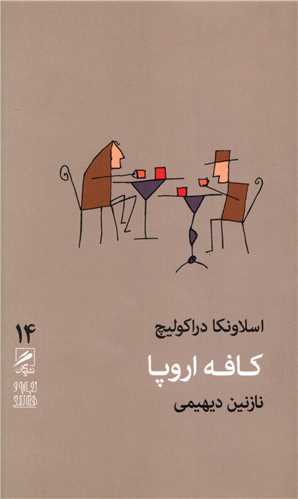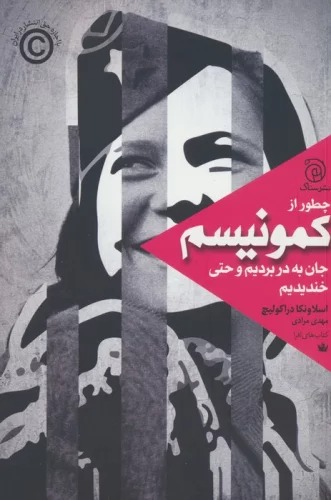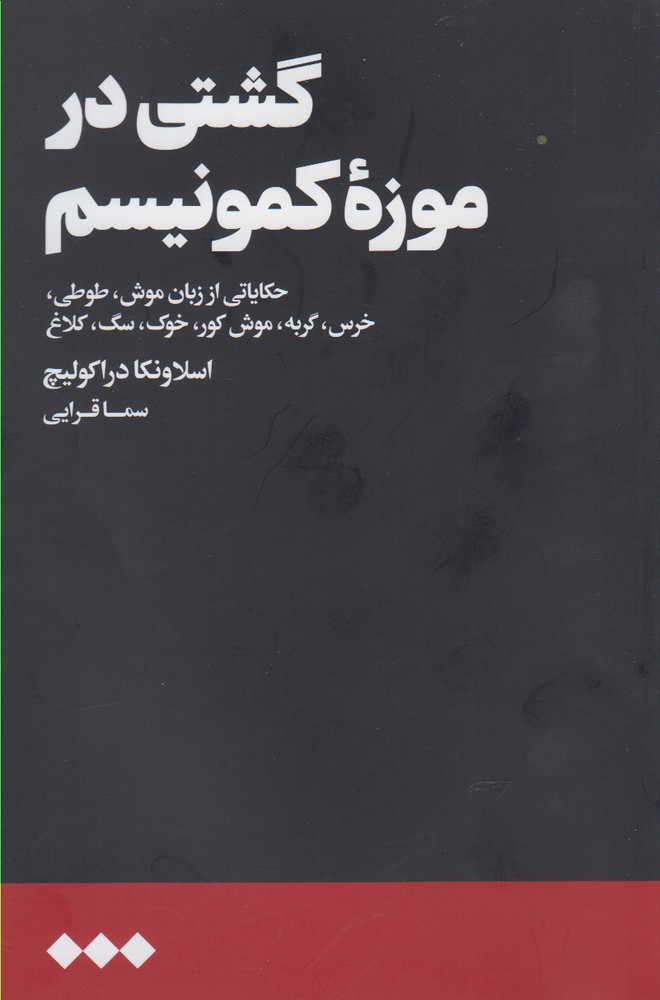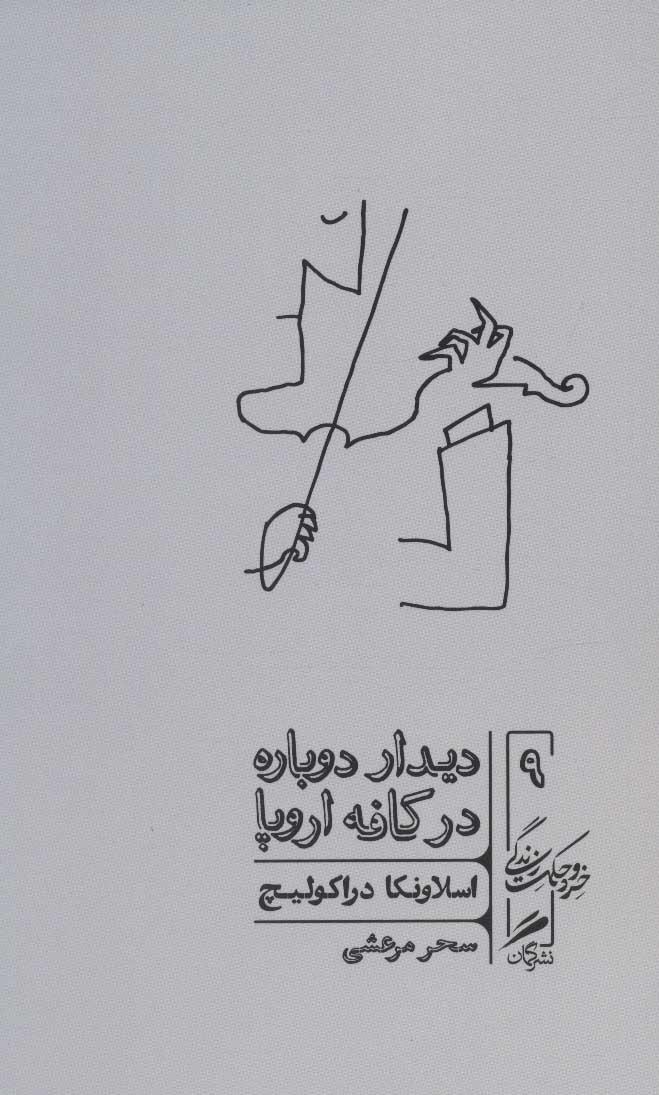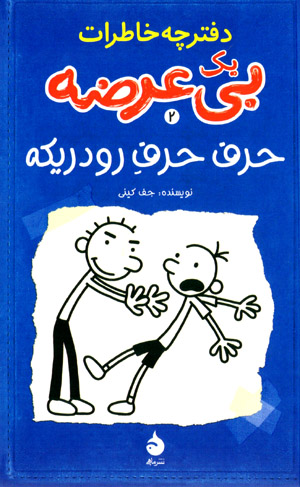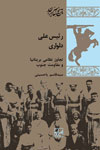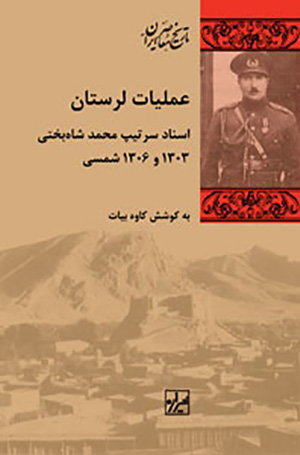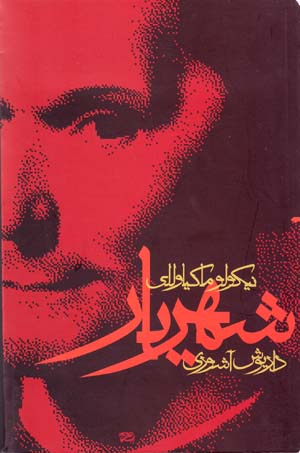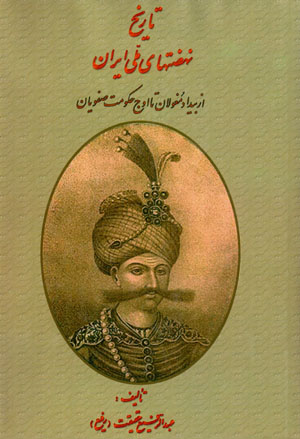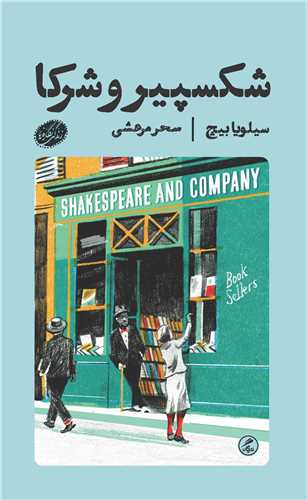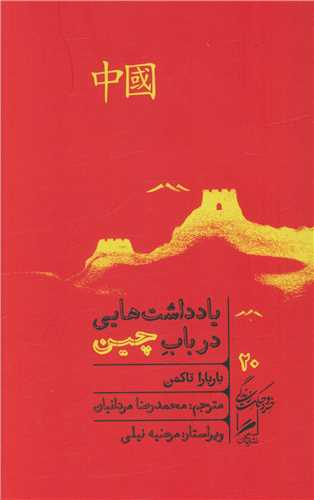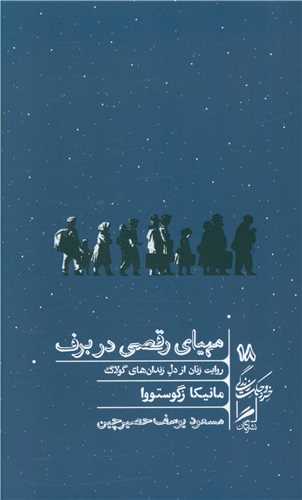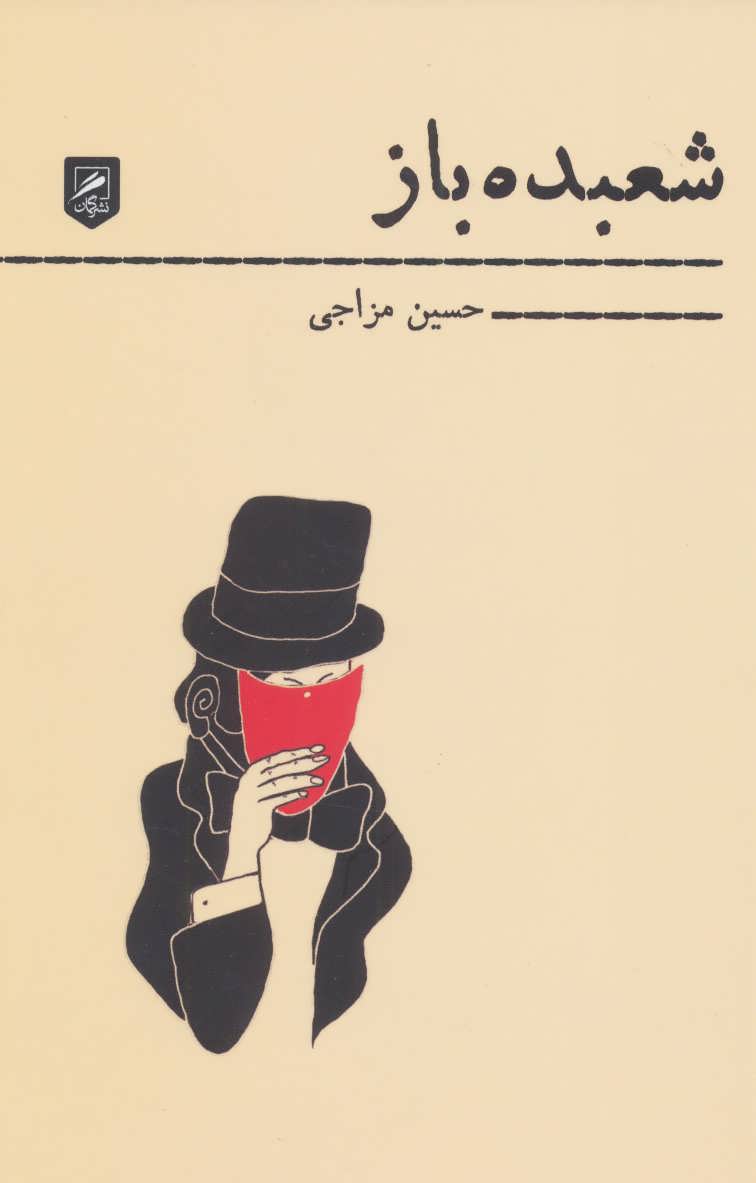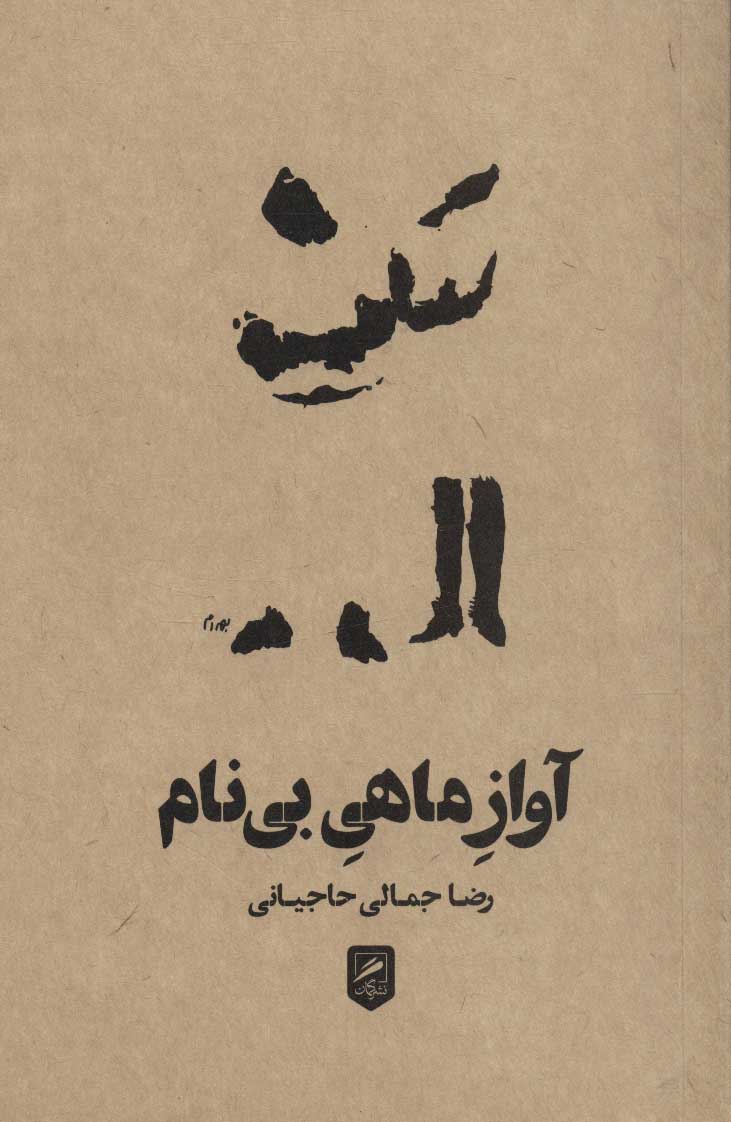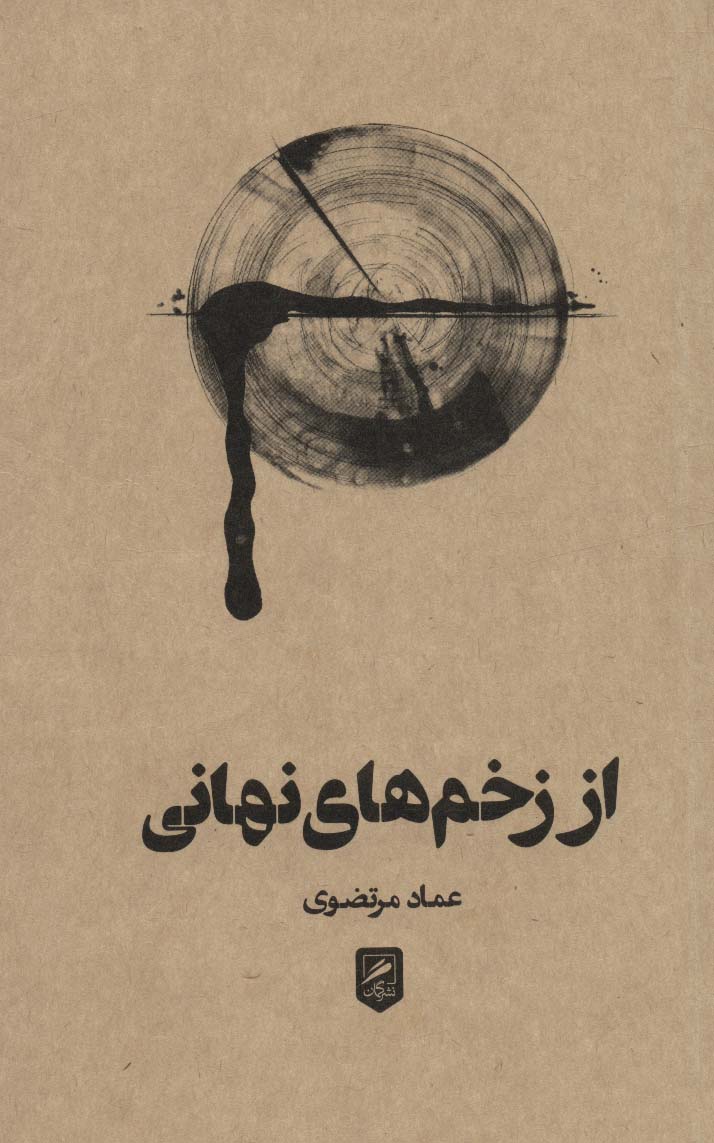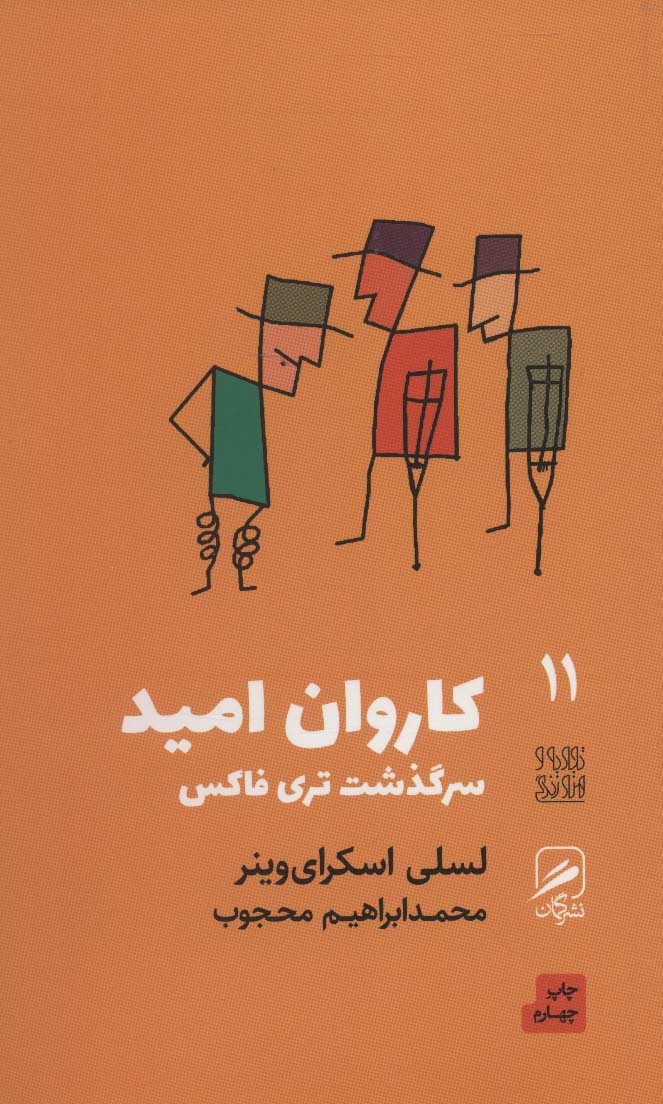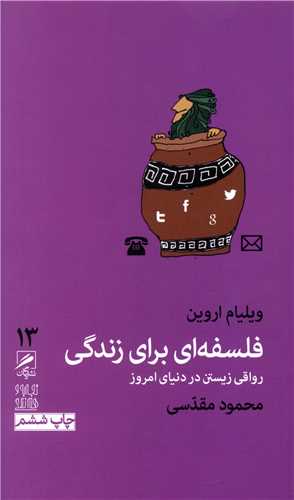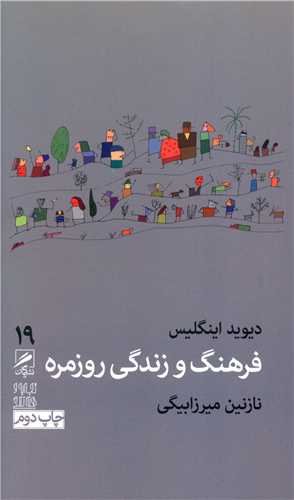Kāfah Urūpā (tajrubah va hunar-i zindigī 14): Persiska (Farsi) 1401
کافه اروپا (تجربه و هنر زندگی 14)
182 SEK
Dela
Wishlist
ISBN:
9786007289068
Översättare:
Nāzanīn Dayhīmī
Förlag:
Guman
Åldersgrupp:
Vuxen
Sidor:
300
Vikt:
260 g
Produktmått:
11 x 20 x 3 cm
Bokomslag:
Pocketbok
Philosophy is not just an academic subject that is studied in the university. Philosophy belongs to everyone and we all ask questions from childhood that have an obvious philosophical aspect. These questions and their answers determine everyone's "life path". This series deals with such philosophical issues that we all face in some way in life, from general questions such as "the meaning of life" and "happiness" to more detailed issues such as pain, forgiveness, fear, boredom, envy, Love, immortality, etc., the language of these books is not technical and everyone can read them.
In Eastern European countries, the difference between "we" and "I" is much more than just a difference in grammar. I grew up with this "we". In kindergarten, at school, and at work. I listened to the speeches of politicians who said: "Comrades, we have a duty..." and we comrades did the same things they told us. A person who emerges from a totalitarian society by saying "no" learns individual responsibility and initiative. And this way starts with saying "I". By thinking in the form of "I" and acting in the form of "I" both in the private environment and in public, "we" means fear, submission, and bowing down. It means an inflamed population and a person who decides their fate. "I" on the other hand, means giving a chance to individuality and democracy.
more
فلسفه فقط رشته دانشگاهی نیست که در دانشگاه خوانده شود. فلسفه به همه تعلق دارد و همه ما از کودکی سوالاتی طرح میکنیم که جنبه فلسفی آشکاری دارند. این سوال ها و پاسخ های آن ها «راه زندگی» هرکس را معین میکنند. این مجموعه به مسائلی فلسفی از همین دست می پردازد که همه ما به نوعی در زندگی با آن مواجهیم، از سوال های کلی نظیر «معنای زندگی» و «خوشبختی» گرفته تا مسائل جزئی تر نظیر درد، بخشودن، ترس، ملال، حسد، عشق، جاودانگی و..زبان این کتاب ها فنی نیست و همگان میتوانند آن ها را بخوانند.
در کشورهای اروپای شرقی تفاوت بین «ما» و «من» بسیار فراتر از تفاوتی صرفا در دستور زبان است. من همراه این «ما» بزرگ شدم. در مهد کودک، در مدرسه، سرکار. با گوش دادم به سخنرانی سیاستمدارانی که میگفتند: «رفقا، ما وظیفه داریم...» و ما رفیق ها همان کارهایی را میکردیم که به ما میگفتند. فردی که از یک جامعه توتالیتر بیرون می آید با «نه» گفتن است که مسئولیت فردی و ابتکار عمل را می آموزد. و این راه با گفتن «من» شروع میشود. با اندیشیدن در قالب «من» و عمل کردن در قالب «من» هم در محیط خصوصی وهم در ملا عام، «ما» به معنی ترس، تسلیم و سر فرود آوردن است. به معنای جمعیتی ملتهب و یک نفر که برای سرنوشتشان تصمیم میگیرد. «من» به عکس، یعنی دادن فرصتی به فردیت و دموکراسی.
more

